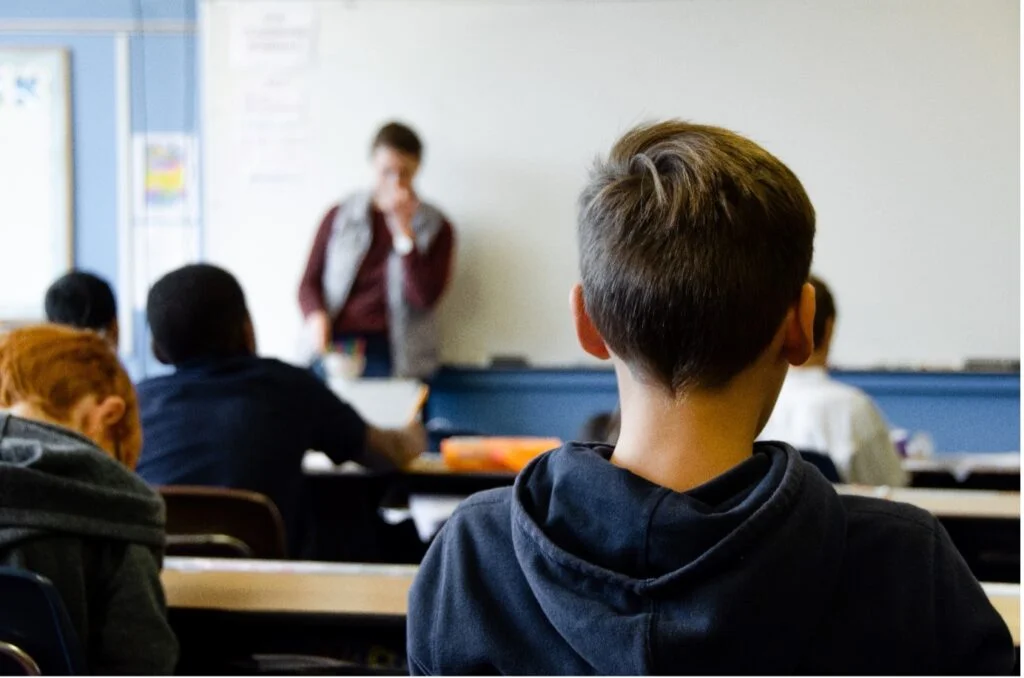
A recent report by the Education Policy Institute has found that the difference in grades achieved by the most disadvantaged students in society and their better off peers has failed to be reduced over the last few years.
Students who have been eligible for free school meals at some stage in the previous 6 years were likely to achieve GCSEs that were, on average, 1.24 grades lower than their more privileged counterparts. The outcomes for students classified as being in long term poverty are even more worrying; these students are expected to achieve results that are on average 1.6 grades lower than their peers who do not come from a disadvantaged background.
Much of the lack of progress seen over the past 2 years is a direct result of the way COVID-19 has impacted teaching and learning. A third of teachers in the most deprived schools reported that 1 in 5 or more of their pupils did not have access to devices that allowed for online learning. Even as schools return to in-person teaching, pupils without access to adequate technology at home will face a greater challenge in catching up with their classmates.
Of course, the pandemic has had an impact on everyone, but the children who are without the necessary tools to engage with their teachers simply did not have the ability to learn. The disruption to their education cannot be underestimated, and while the impact on their future prospects cannot yet be calculated, it is likely to be significant.
Lockdowns and social distancing in the UK also forced changes in the way that different qualifications were assessed. Whilst this did not result in a noticeable difference at GCSE level, there were impacts for students aged 16 – 19. Students who studied A Levels (qualifications which could not be assessed via exams, the usual method) received higher than average scores thanks to the ‘teacher assessed grade’ system. This inflation was not reflected in the results received by students who studied alternative qualifications such as BTECs, a qualification more likely to be studied by students from disadvantaged backgrounds.
Even as we exit the worst of the pandemic and no longer live under COVID restrictions, children in the most deprived state schools are facing a bigger disruption to their education; staff absences were two and a half times more likely to occur in deprived state schools than in private schools in January of 2022, according to research by The Sutton Trust.
It would be incorrect to blame these challenges solely on the pandemic. Progress in narrowing the educational attainment gap began stalling back in 2017. The Education Policy Institute’s report also suggests that a worsening of the situation was already on the cards prior to the pandemic. As its Executive Chairman the Rt Hon David Law states, "even before COVID struck, there were signs that the disadvantaged learning gaps were about to widen.” However COVID has almost certainly gravely exacerbated that gap.
I’m pleased that the Nick Maughan Foundation has sponsored full bursaries for children from low-income families to attend some of the country's best schools.
However, more needs to be done to ensure that all young people can succeed, regardless of their upbringing or background. Schools must be supported with the resources to support students to achieve their potential, regardless of their individual circumstances.
A comprehensive approach is more important than ever, so that challenges that have been deepened by the pandemic can be addressed. For example, 67% of young people when surveyed believed that the pandemic would have a long-term impact on their mental health. Understanding the impact this may have on educational outcomes for young people and implementing strategies to effectively overcome these challenges will be a crucial step in ensuring that differing circumstances do not leave certain young people behind.
There is not a single set of steps that will successfully reduce the attainment gap. The backgrounds and challenges faced by young people differ immensely, and for those at schools in the most deprived areas, circumstances can be difficult to navigate. However, by approaching education holistically progress can be made. We must ensure that the needs of our young people are being met, and this must be a priority – whether that be through additional support for wellbeing, or ensuring that schools and pupils have the digital resources to teach and learn effectively.

